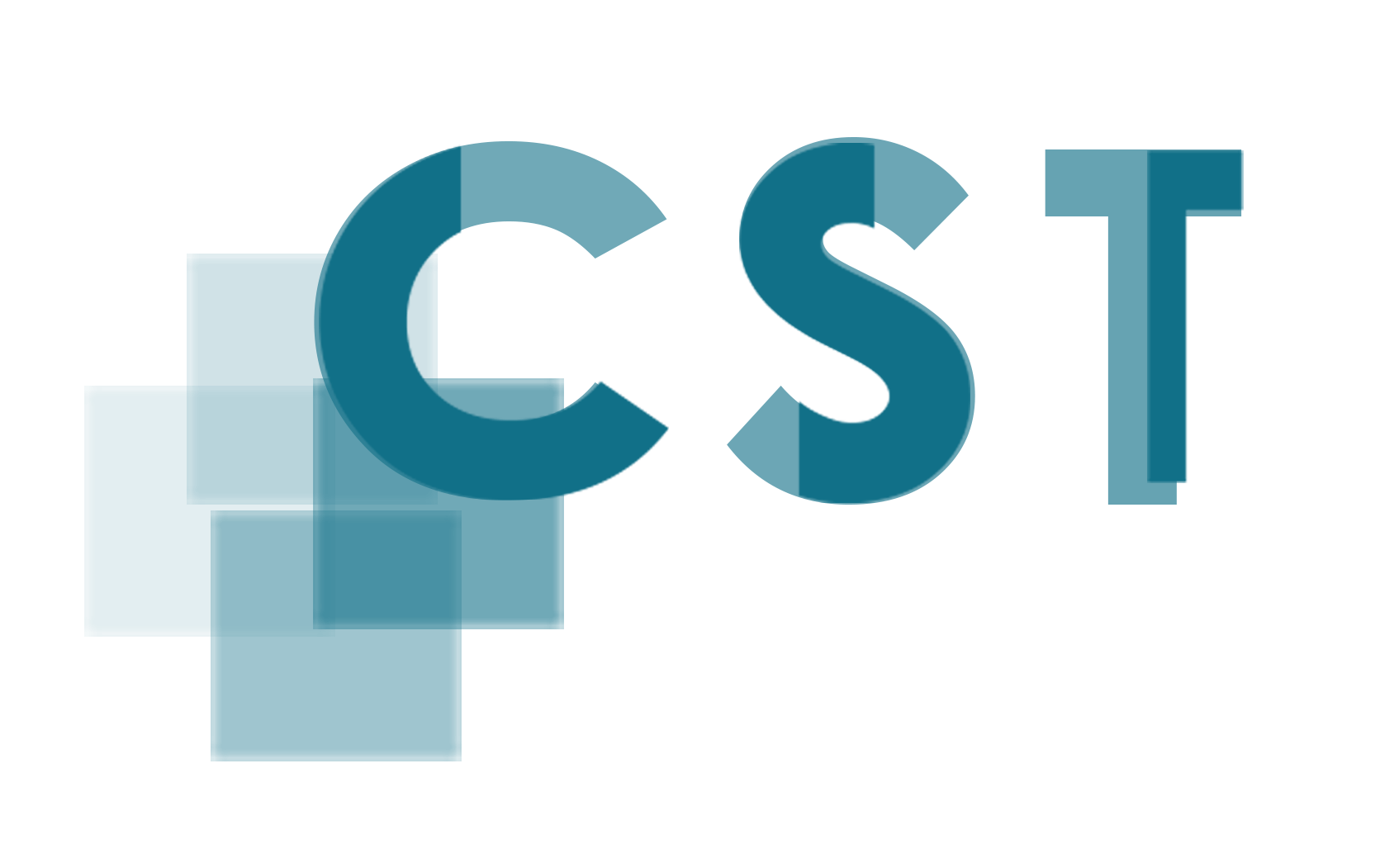"Program Management" is an important topic within PLM services. Program management is an interdisciplinary approach that involves the coordination, management, and integration of multiple projects or initiatives.

Program management typically includes the following components:
Program Objectives and Strategy: The objectives and strategy of the program are defined. This includes identifying the program's goals, expected outcomes, and strategic objectives.
Program Planning: Program planning involves resource allocation, scheduling, risk management, and communication strategies. A program plan is created to synchronize projects and activities within the program.
Program Coordination: Program coordination ensures the smooth progression of different projects and activities. This involves effective resource utilization, managing project interactions, and facilitating information sharing.
Resource Management: Efficient allocation and management of resources among projects within the program are crucial. This includes planning and utilizing resources such as human resources, financial resources, equipment, and infrastructure based on the program's requirements.
Risk Management: Identification, assessment, and management of risks within the program are conducted. The impacts of risks are evaluated, and risk mitigation or prevention strategies are implemented.
Progress Monitoring and Reporting: The progress of the program is regularly monitored and reported. The status of projects and activities, costs, scheduling, and other key parameters are reviewed, allowing tracking of the program's progress and performance.
Program management ensures the coordination and successful completion of complex and large-scale projects. It manages project interactions, effectively allocates resources, manages risks, and facilitates communication. This enables the achievement of program objectives and strategic goals.
